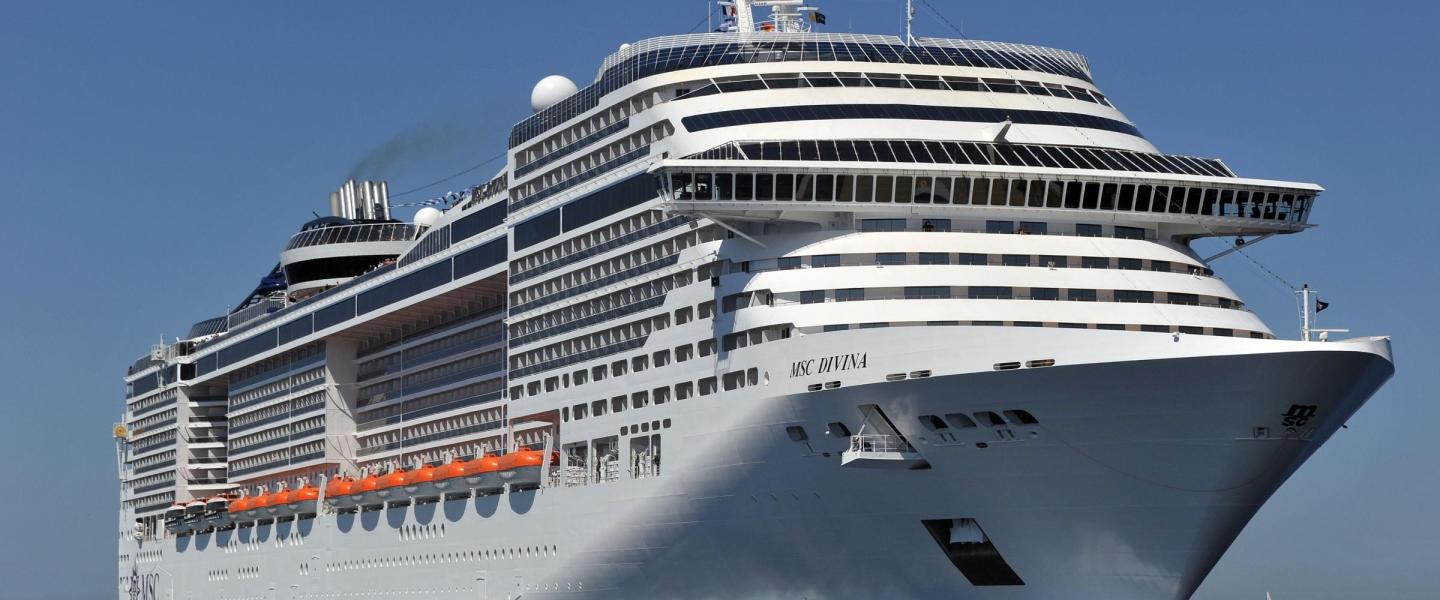Commentary
15th April 2019
London. UK. The alleged rape of a 17-year-old female UK national on the Panamanian flagged cruise ship MSC Divina as the ship sailed between Mallorca and the Spanish port of Valencia, brings to the forefront the issue of justice for victims of criminal acts at sea in international waters when under flag State jurisdiction as a matter of ocean governance.
Reported in multiple newspapers and on media platforms the victim was British, her attacker apparently lives in Italy and is Italian, while the judicial intervention was in Valencia, Spain, where the judge held the case could not be heard as it was under Panamanian flag State jurisdiction and occurred in international waters.
Addressing abuses of human rights at sea with effective judicial intervention resulting in effective remedy for victims must be at the forefront of any flag State’s priorities, policies and which should be undertaken in a transparent manner.
It will now be for the Panamanian authorities to respond, and which Human Rights at Sea will closely monitor. Sweeping such a criminal matter under the carpet is not an option.
This issue is also being addressed in the new Geneva Declaration on Human Rights at Sea, with this incident further reinforcing the need for such a document, and the clear understanding of flag State responsibilities at sea, in law.
There is a profound need for the concept of ‘Human Rights at Sea’ to be accepted globally. The principal aim of this Declaration is to raise global awareness of the abuse of human rights at sea and to mobilise a concerted international effort to put an end to it.
Help us continue our independent work with a small donation
